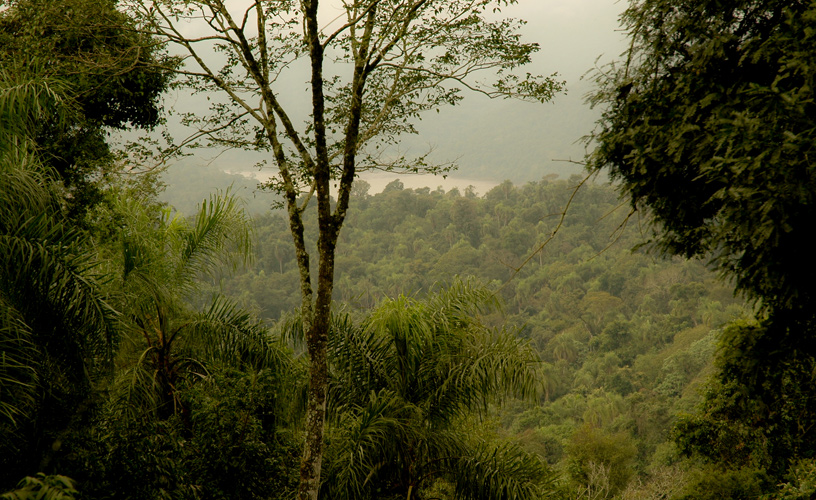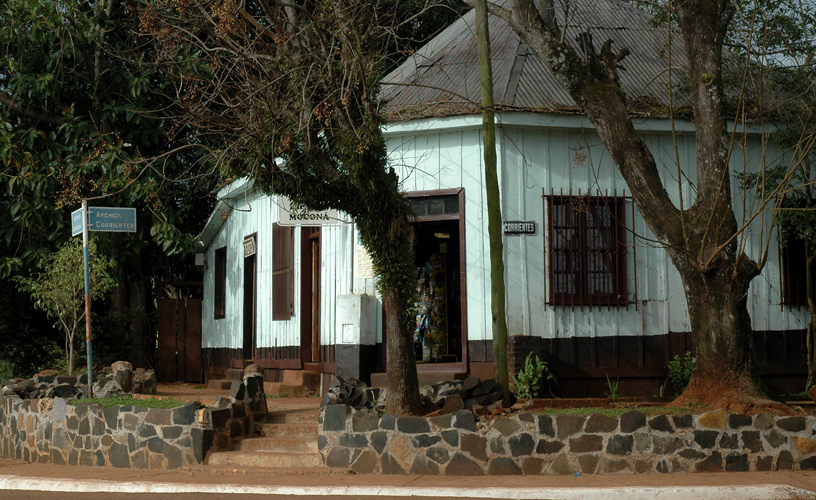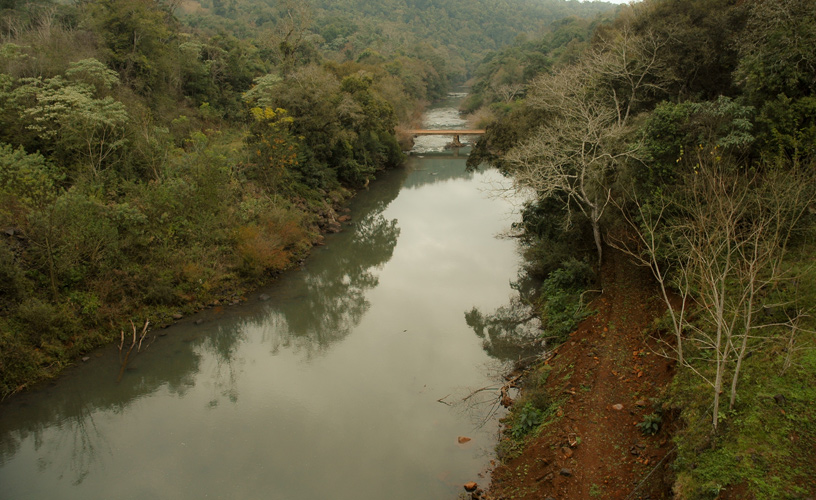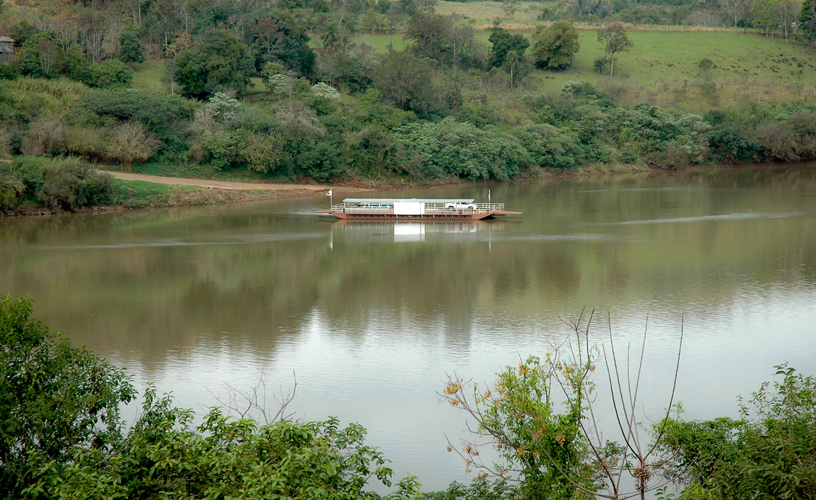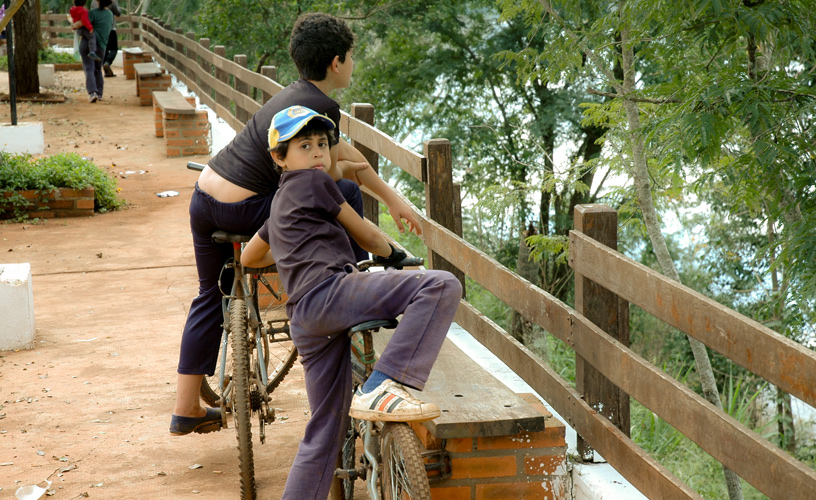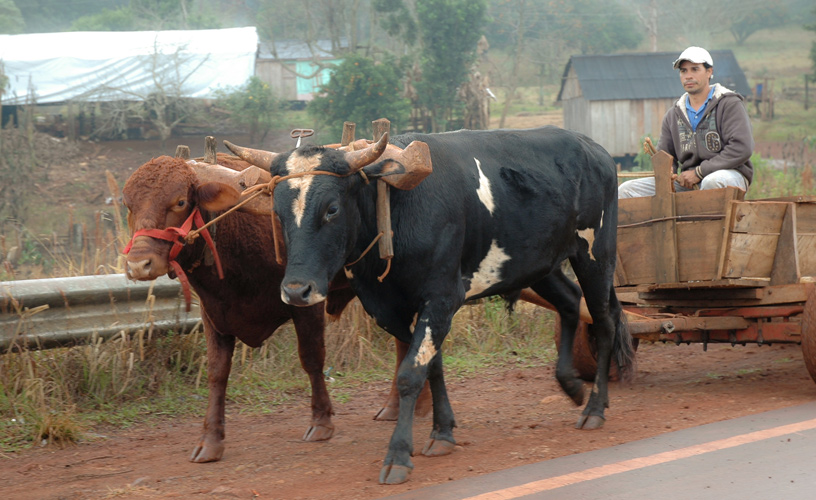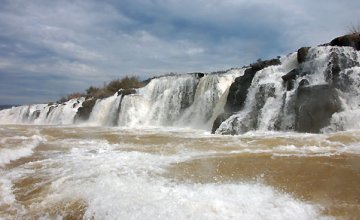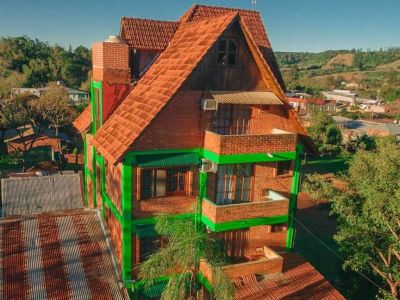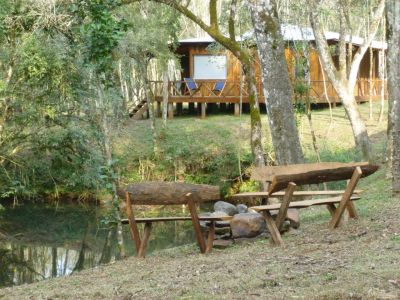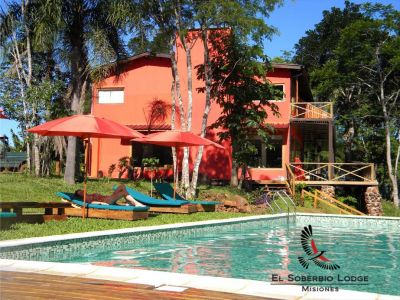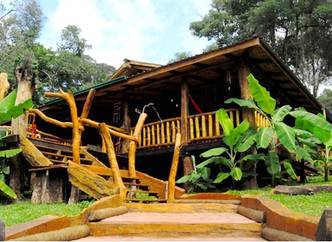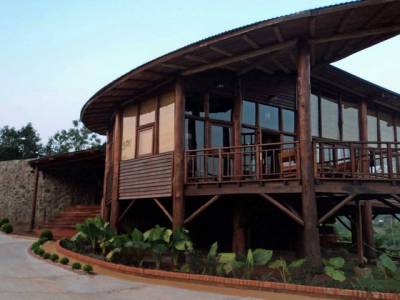Little Great Rural City
In spite of its simple lifestyle, everything has been specially designed for tourists to enjoy the lush nature of its surroundings, and in particular, the magic of its river.
Lured by the waterfalls known as Saltos del Moconá and the unspoiled nature of the Yabotí Biosphere Reserve, the City of El Soberbio welcomes plenty of visitors. The Uruguay River boasts wonderful geographical features a short distance away from the downtown. This essentially agricultural village developed at the very spot where the El Soberbio and Uruguay Rivers converge. We went around its town center and it took us a few minutes to get familiar with its strategic spots, including its main street, its waterfront and all the tour services available. While walking down the boulevard, we caught a curious glimpse: a cart used to carry goods, pulled by a zebu of fair gray fur, almost white. This magnificent animal was highly appreciated by the colonists for its build and strength to perform hard rural work.
We walked along the waterfront searching for some viewpoints located on the heights. We noticed that the meeting points are usually breweries and restaurants and there we went. We tasted the specialties as we enjoyed a view of the river in front. We talked to the locals and learned that the population still preserves European names. German and Ukrainian colonists arrived in the mid nineteenth century. They devoted themselves to agriculture and transported wood on board the jangadas, a kind of raft. It is also usual to come across descendants of the native peoples as well as Brazilian immigrants, as El Soberbio rests on the international border. All this results in a very particular culture. “Portuñol”, a linguistic variety that mixes words in Spanish and words in Portuguese, may be heard in the area. Also, some “gaúcho” songs are played on the guitar. When it comes to finding out the directions to the famous Saltos del Moconá , any inhabitant of this town can help. We took Provincial Route 2, known as the coast road, up to Mesa Redonda. Then we headed for Colonia Paraíso and right towards Moconá Provincial Park. The total distance to travel is 80 kilometers and the road is well sign-posted and paved. In the downtown, cuisine is based on the typical regional dishes, influenced by the proximity of Brazil. Feijoada (black beans), pasta and pork and mandioca as well as rice stews are homemade at the venues run by family members. El Soberbio is a fantastic starting point to reach the waterfalls and the rainforest in Misiones.
Mónica Pons
Pablo Etchevers
Contact of the excursion or tour
Dirección de Turismo Municipal
Corrientes s/n, El Soberbio / Saltos del Moconá, Misiones, Agentina
Phone: +54 3755-495084
